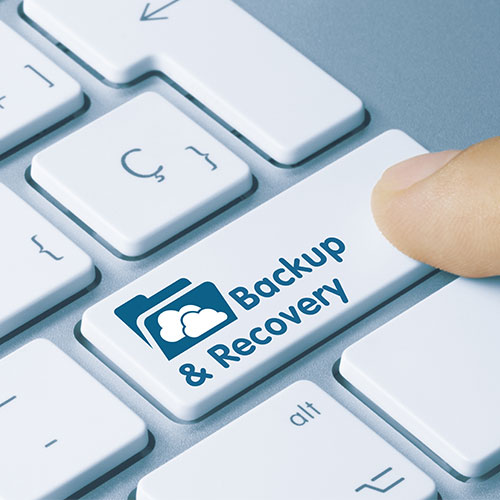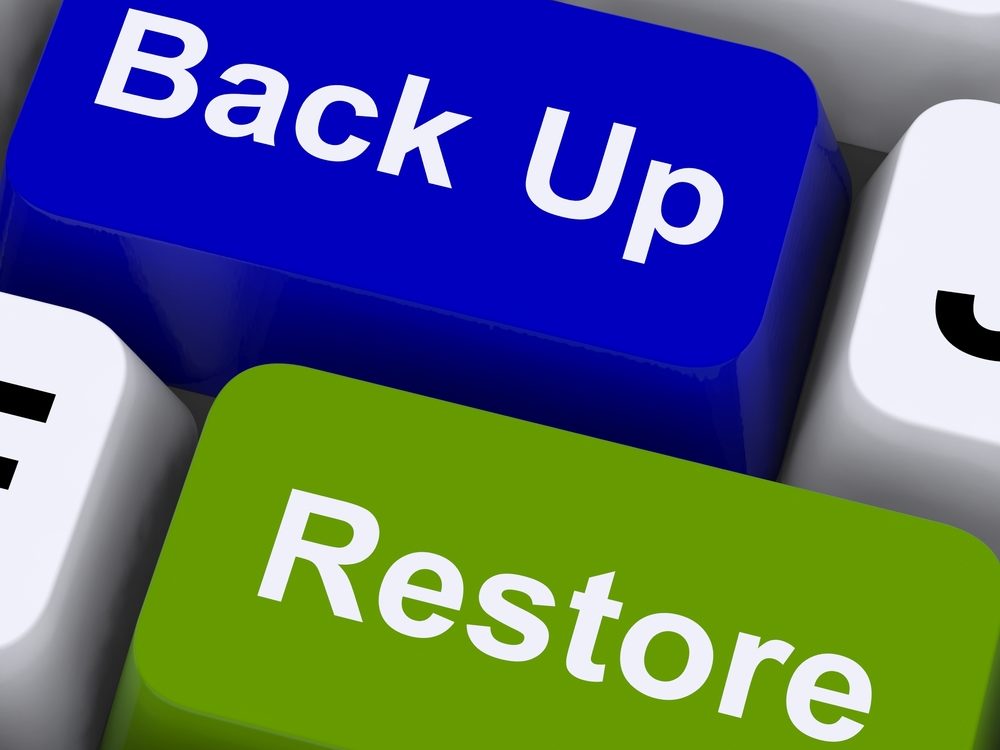Resilient Create Online Backup Server Ultimate Guide
Resilient Create Online Backup Server Ultimate Guide
Blog Article
Cost-effective Mail Server For Large Enterprises
Technologies for backup and storage are essential for protecting our digital data. It is crucial to have dependable backup and storage solutions in place in the digital age we live in, where data loss can be catastrophic. The various backup and storage technologies, their advantages, and how they can safeguard your important data are all covered in this article.

- Hard disk drives ( Hdds ):
The most popular type of storage technology employed by both individuals and businesses is hard disk drives. Data is stored on magnetic disks that are spinning. Hdds are suitable for storing large amounts of data because they have high capacities and are reasonably priced. They can cause physical harm, though, and are generally slower than other technologies.
- Solid state drives ( Ssd )
Due to their quicker data transfer speeds and dependability, solid-state drives are growing in popularity. Ssds use flash memory to store data rather than moving parts like Hdds do. They become more resilient and less prone to physical harm as a result. Applications like operating systems and frequently used software that need quick access to data are best suited for Ssds.
Modern Saas Backup Tool For Remote Work

- Storage on the cloud:
Due to its convenience and accessibility, cloud storage has become incredibly popular in recent years. It entails keeping data on accessible remote servers. Virtually limitless scalability is provided by cloud storage, which does away with the requirement for physical hardware. It also offers automatic backups and data redundancy, guaranteeing your files ' security.
- Network-assistant Storage ( Nas ):
A dedicated storage device that is network-connected and offers file-level access to multiple clients at once is called networked storage. Small businesses or homes that need centralized data storage and simple access can use Nas devices. They provide features for data backup, remote access, and sharing.
- Tape Drives:
Tape drives are still used in some industries for long-term data archiving despite being out of date. Tape drives provide offline storage options as well as high capacities and low cost per gigabyte. In large businesses that need secure and dependable long-term storage, they are typically used for data backup.
Reliable Home Server Online Backup Implementation Guide
- The use of virtualization
With the aid of virtualization technology, a single physical machine can house multiple virtual machines. In terms of resource usage and flexibility, it provides significant benefits. Virtual environment-specific backup and storage solutions make recovery and backup effective, ensuring business continuity.
- replication:
Replication entails making multiple copies of data and storing them on various gadgets. By reducing data loss in the event of hardware failures, natural disasters, or cyber attacks, it is essential to disaster recovery. Data consistency across numerous locations is guaranteed by real-time replication.
- duplicate:
By storing only unique data blocks, duplication can be used to get rid of redundant data. It speeds up backup and recovery processes while reducing storage space needs. Deduplication technology improves storage effectiveness without compromising data integrity by identifying and removing duplicate data.
Flexible Secured Backup Comprehensive Review
- Backups that are incremental
Only the changes made since the previous full or incremental backups are backed up when performing incremental back-ups. Backup time and storage requirements are significantly decreased by this strategy. Restoring data from incremental backups, however, might take longer because it necessitates doing so chronologically for each backup.
- Disaster Recovery Planning:
To ensure business continuity in the event of data loss or system failures, a thorough disaster recovery plan is necessary. Data backup, restoration, and continuity measures are all covered in the strategies and procedures. The disaster recovery plan's regular testing and updating aid in spotting potential flaws and guaranteeing its efficacy.
- Encryption of data:
In order to prevent unauthorized access, data encryption converts it into an unreadable format. Only the correct encryption key can decrypt encrypted data, guaranteeing data confidentiality. When storing sensitive or personal information, encryption is especially important to prevent identity theft and data breaches.
Cloud-based Remote Backup Server Software In Detail

- Solutions for hybrid storage
Solutions for hybrid storage combine the advantages of various technologies, including cloud storage, Ssds, and hard drives. Organizations can improve performance, cost-effectiveness, and data accessibility by utilizing each technology's strengths. Intelligent data tiering is made possible by hybrid solutions, which automatically transfer frequently accessed data to lower storage levels.
- Lifecycle Management of Data:
Managed data over the course of its entire life cycle, from creation to deletion, is known as data lifecycle management. Processes like data classification, retention guidelines, and archival tactics are included. Data is efficiently stored, is always available when needed, and complies with regulatory requirements thanks to effective data lifecycle management.
Key Takeaways or a related term
Affordable Carbonite Vs Mozy Vs Backblaze Toolkit
- The protection of digital data depends on backup and storage technologies.
- Hard disk drives ( Hdds ) can be slower and more vulnerable to physical damage despite providing affordable, high-capacity storage.
Solid-state drives ( Ssd ) offer greater reliability and quicker data transfer speeds.
- Automatic backups, scalability, and convenience Click This Link of cloud storage.
- Network-attached storage ( Nas ) gives homes and small businesses simple access and centralized storage.
- In some industries, tape drives are still used for long-term data archiving.
- In virtual environments, virtualization makes it possible for effective backup and recovery.
- By making duplicate copies in different locations, replication reduces data loss.
- By getting rid of redundant data, deduplication lowers the need for storage space.
By only backing up changes made since the previous backup, incremental backups save time and space.
Planning for disaster recovery ensures business continuity in the event of system or special info data failures.
- Secure data encryption guards against unauthorized access to sensitive data.
- To optimize performance and cost-effectiveness, hybrid storage solutions combine various technologies.
- Data lifecycle management ensures effective storage and regulatory compliance by managing data over its lifespan.
Report this page